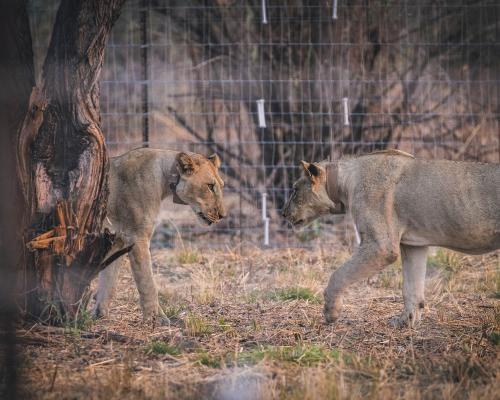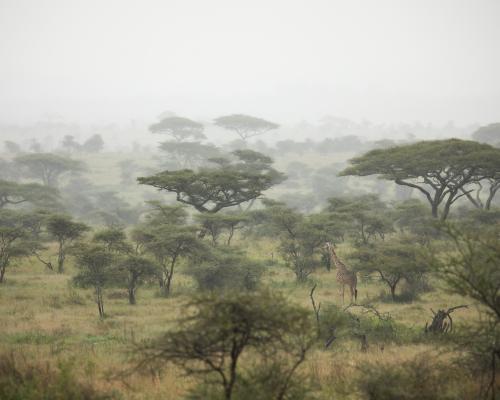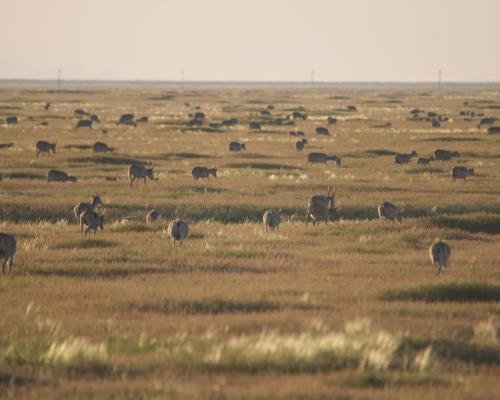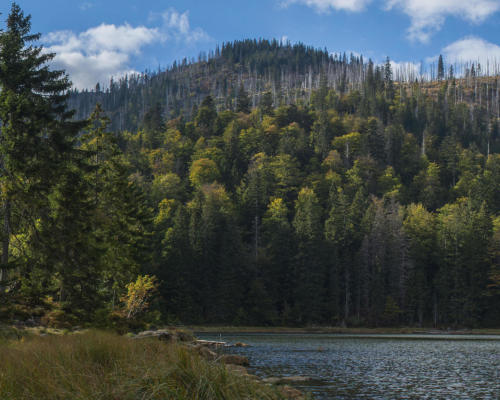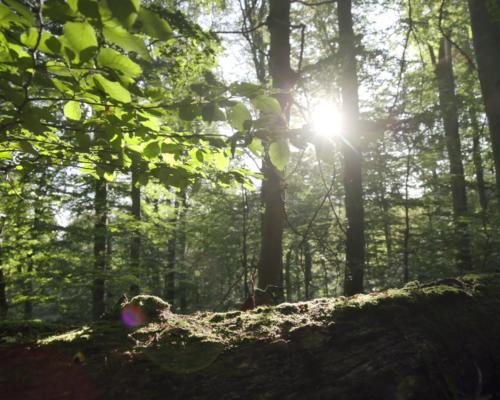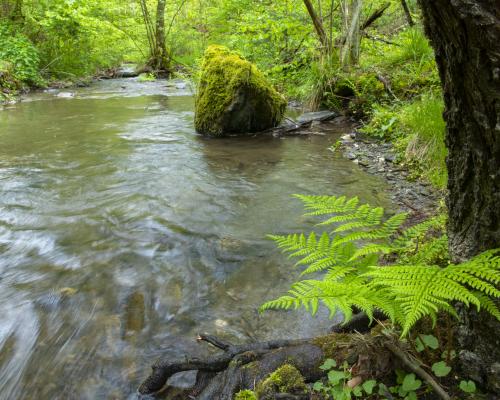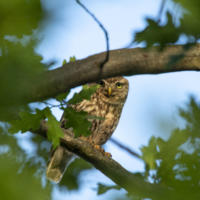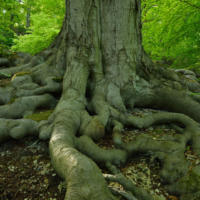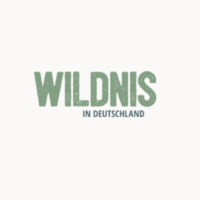Bavaria designates almost 60,000 hectares as natural forest.
There is great demand for more wilderness. Many animals, plants, and fungi depend on having large contiguous habitats where natural processes can take place undisturbed. Humans, too, feel a need to experience nature in its wild form – in places that are within easy reach. Germany offers a wide range of fascinating landscapes – from its coasts in the north to the Alps in the south. However, the country is densely populated and criss-crossed by roads. This makes it all the more pressing to preserve the last remaining intact natural landscapes for future generations.
And it is why we are supporting the creation of new wilderness areas on former military training grounds in Brandenburg and Thuringia. We are advising our partners there and providing funding for the local wilderness projects by supporting land purchases, for example. In the Wispertaunus region in Hesse, we are safeguarding natural forests close to Frankfurt am Main by linking up existing protected areas within the forest.
We have launched the Wildnis in Deutschland (“Wilderness in Germany”) initiative which gives us considerable leverage with regard to political decision-making. The alliance of 20 conservation organizations also pools its information and experience in managing wilderness areas. We coordinate activities and provide advice, especially to smaller initiatives that are campaigning for wilderness areas in their local region.
- We establish and extend protected areas
- We advise and support wilderness initiatives
- We influence decision-makers
- We finance and mediate the purchase of wilderness areas
- We train young nature conservation professionals
- We support wilderness research
 09/12/2024Press release
09/12/2024Press releaseDr. Andhani Widya Hartanti receives the KfW-Bernhard-Grzimek-Award 2024
09/12/2024Press releaseDr. Andhani Widya Hartanti receives the KfW-Bernhard-Grzimek-Award 2024
The KfW-Bernhard-Grzimek-Award 2024 goes to two heroes in conservation: Dr. Andhani Widya Hartanti from Indonesia and Hercilía Chipanga from Mozambique.
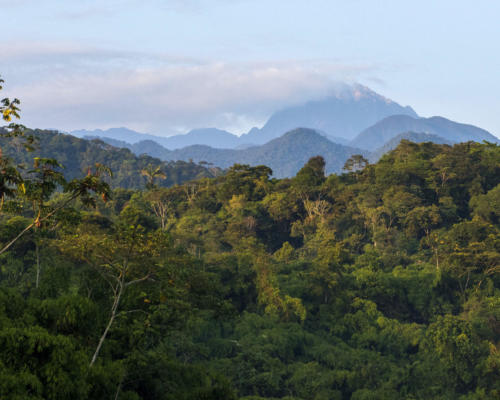 11/20/2023Press release
11/20/2023Press releaseScientists and Peruvian head of nature conservation authority receive Frankfurt Conservation Award 2023 (Bruno H. Schubert Prize)
11/20/2023Press releaseScientists and Peruvian head of nature conservation authority receive Frankfurt Conservation Award 2023 (Bruno H. Schubert Prize)
In its 40th year, the Bruno H. Schubert Foundation on the 6th of November presented one of the most highly endowed German environmental prizes, the Frankfurt Conservation Award 2023 (Bruno H. Schubert Prize). This year, the prize goes to Prof. Dr. Meike Piepenbring, Prof. Dr. Beth Kaplin and José Carlos … Read more
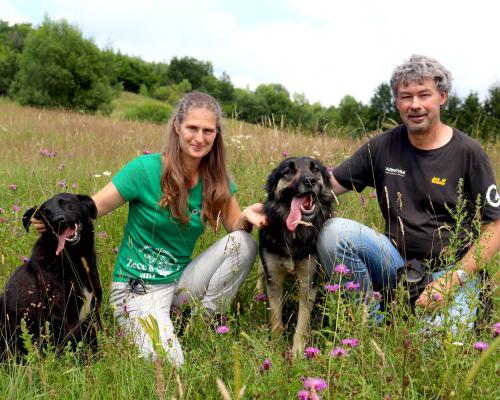 11/17/2023
11/17/2023A BAMBI for the Prombergers
11/17/2023A BAMBI for the Prombergers
Congratulations to Barbara and Christoph Promberger from the Romanian Foundation Conservation Carpathia. This year, they received the BAMBI media prize for their nature conservation work in the Făgăraş Mountains in Romania. They are working tirelessly to establish a national park there.
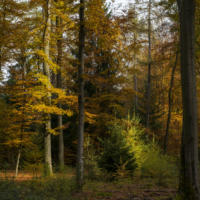
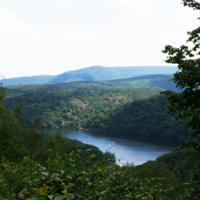
Kellerwald-Edersee National Park expanded by approximately 2,000 hectares.
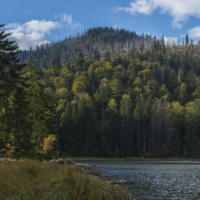
Bavarian Forest National Park grows by 600 hectares.

Wilderness in Germany initiative publishes “Wegweiser zu mehr Wildnis” (“Guide to More Wilderness”).
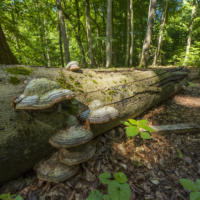
Hesse designates large areas of natural forest e.g. in Wispertaunus.
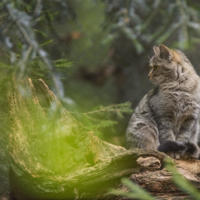
Foundation of Hunsrück National Park.
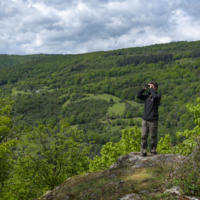
FZS Wilderness in Germany project starts work.
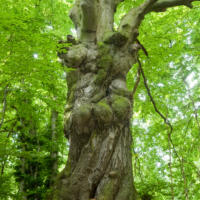
Start of the large-scale Hohe Schrecke nature conservation project.
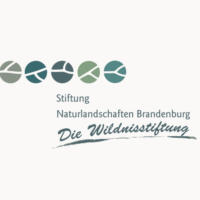
Establishment of the Brandenburg Wilderness Foundation.






